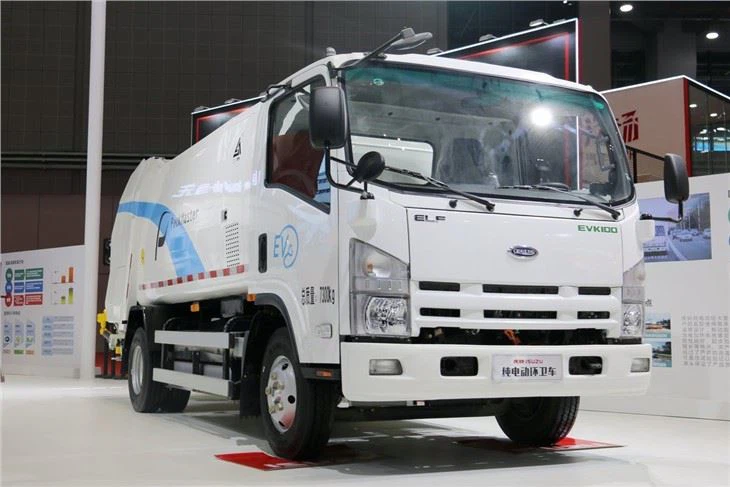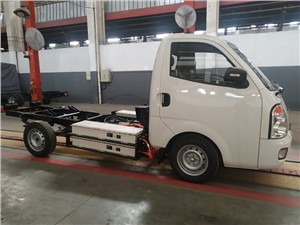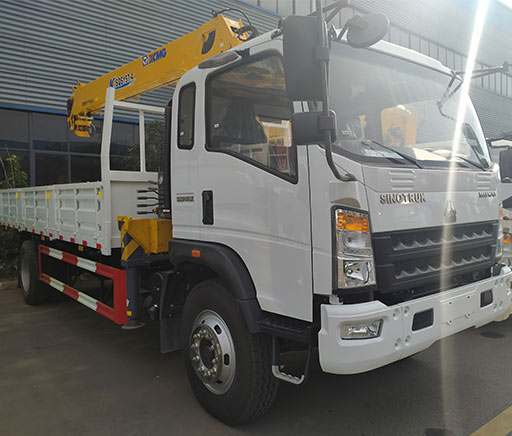Portable Water Tank Trailer: The Ultimate Guide

When it comes to transporting water for various purposes, whether for agriculture, construction, or emergency services, a portable water tank trailer serves as a crucial piece of equipment. This article explores everything you need to know about portable water tank trailers, including their features, uses, and benefits, as well as practical tips for selecting the right model for your needs.
What is a Portable Water Tank Trailer?
A portable water tank trailer is a mobile unit designed to transport large quantities of water across different terrains. Typically equipped with a tank made of high-quality materials such as polyethylene or steel, these trailers facilitate the convenient movement of water for various applications. They often come with wheels and a hitch for easy towing with trucks or vehicles, making them an ideal solution for multiple industries.
Key Features of Portable Water Tank Trailers
1. Tank Capacity
The capacity of portable water tank trailers can vary significantly, ranging from 100 to 5,000 gallons or more. Choosing the right capacity depends on your specific needs:
- Residential Use: Smaller trailers (100-500 gallons) may suffice.
- Agricultural Use: Larger tanks (1,000-3,000 gallons) are common for irrigation purposes.
- Industrial Use: High-capacity tanks (over 3,000 gallons) cater to construction or firefighting applications.
2. Material Construction
Portable water tank trailers are typically made from:
- Polyethylene: Lightweight, corrosion-resistant, and suitable for potable water.
- Steel: Durable and can withstand rough conditions, often used for industrial applications.
3. Mobility
Mobility features include:
- Towing Capacity: Most trailers can be towed by standard vehicles or heavy-duty trucks, facilitating easy transport.
- Tires: Rugged tires increase the ability to traverse uneven terrain.
4. Pump Systems
Many portable water tank trailers come equipped with pump systems for easy unloading and dispersal of water:
- Electric Pumps: Efficient and suitable for quieter operations.
- Gas-Powered Pumps: Ideal for remote areas without power availability.
Common Uses for Portable Water Tank Trailers
1. Agricultural Applications
Farmers often use portable water tank trailers for irrigation and supplying water to livestock. They can easily move from one location to another, ensuring that crops receive adequate hydration and animals have constant access to fresh water.
2. Construction Sites
Construction companies utilize these trailers to provide water for onsite activities, including dust control, mixing concrete, and for workers’ hydration needs.

3. Emergency Services
Portable water tank trailers are critical during emergencies and disaster relief efforts. They can provide instant access to clean drinking water in areas affected by natural disasters or accidents.

4. Event Management
For large outdoor events such as festivals and concerts, water tank trailers can supply drinking water and sanitation facilities, ensuring the comfort of attendees.
5. Firefighting Operations
In rural areas lacking hydrants, portable water tank trailers serve as essential resources for firefighting, allowing fire departments to transport large amounts of water to remote locations.
Benefits of Using a Portable Water Tank Trailer
1. Cost-Effective Solution
Investing in a portable water tank trailer can save costs in the long run when compared to hiring water delivery services, particularly for recurring needs.
2. Convenient and Versatile
The versatility of these trailers allows them to be used in various scenarios, which is crucial for businesses with diverse water needs.
3. Time-Saving
Having a portable water tank trailer on-site means instant access to water, significantly reducing downtime and increasing productivity.
Choosing the Right Portable Water Tank Trailer
1. Determine Your Needs
Consider your primary use case. Know how much water you typically need and where you will be transporting it. This will help you select the right capacity.
2. Check Local Regulations
Before purchasing, be aware of local regulations regarding water transport and usage, as these might influence your choice.
3. Assess Trailer Specifications
| Feature | Importance |
|---|---|
| Size and Weight | Ensure your vehicle can tow the trailer comfortably. |
| Material | Consider the type of water and conditions where you’ll be using it. |
| Pump Type | Choose based on the availability of power sources in your usage area. |
Examples of Portable Water Tank Trailers
1. Polyethylene Water Tank Trailer
This type of trailer is ideal for agricultural use due to its resistance to corrosion and UV radiation, ensuring longevity and safe water transport.
2. Steel Water Tank Trailer
Durable and robust, steel trailers are perfect for industrial and construction applications where heavy usage is expected.
3. Multi-Purpose Tank Trailer
Some options come equipped with both a water tank and additional features like storage for tools or equipment, enhancing their versatility.
Maintenance Tips for Portable Water Tank Trailers
1. Regular Inspections
Check for signs of wear, leaks, or damage at designated intervals to ensure the trailer remains in good working condition.
2. Cleaning
Regularly clean the tank after transporting water to prevent contamination. Use food-grade cleaning products if the tank is used for potable water.

3. Seasonal Care
In colder climates, ensure that the trailer is stored properly to avoid freeze damage during winter months.
Frequently Asked Questions (FAQ)
1. What is the ideal capacity for a farm?
For agricultural uses, a capacity of 1,000 to 3,000 gallons is typically ideal. However, specific requirements may vary based on farm size and crop types.
2. Can I use a portable water tank trailer for drinking water?
Yes, as long as the tank is made from food-grade materials and has been properly maintained and cleaned.
3. How do I determine the right pump for my water tank trailer?
Assess the distance and elevation you need to pump water, as well as the availability of power sources to choose the right pump type.
4. Are there any regulations for transporting water?
Yes, regulations may vary by region regarding the transport of water, especially for potable use. Always check local laws before operating your trailer.
5. How do I winterize my portable water tank trailer?
Draining all water from the tank and pump system, insulating the tank, and storing it indoors are recommended practices for winterizing.
6. Can I modify my portable water tank trailer?
Yes, many users modify their trailers to add additional features, but it’s best to consult with a professional to ensure safety and compliance with regulations.
